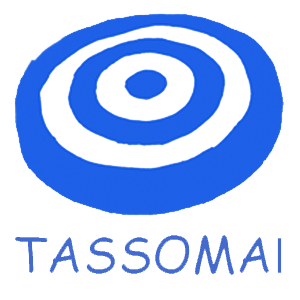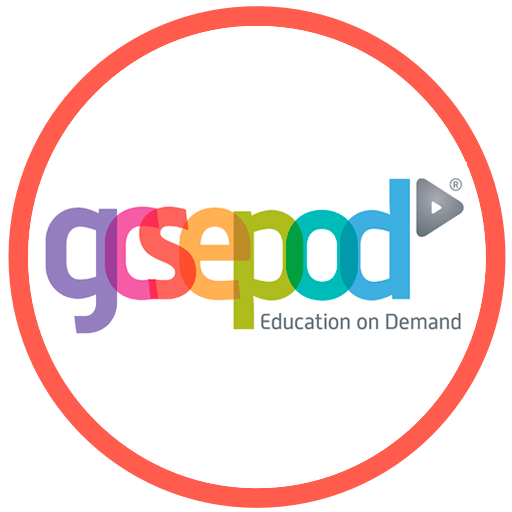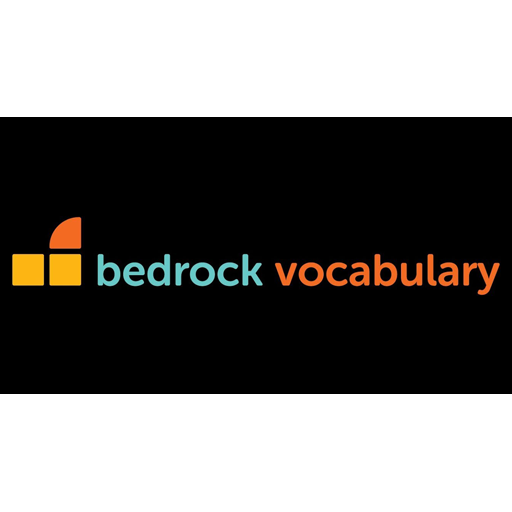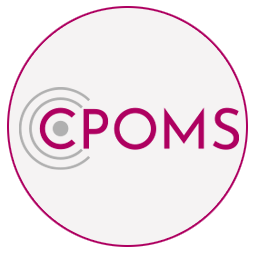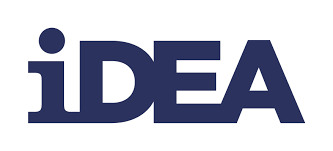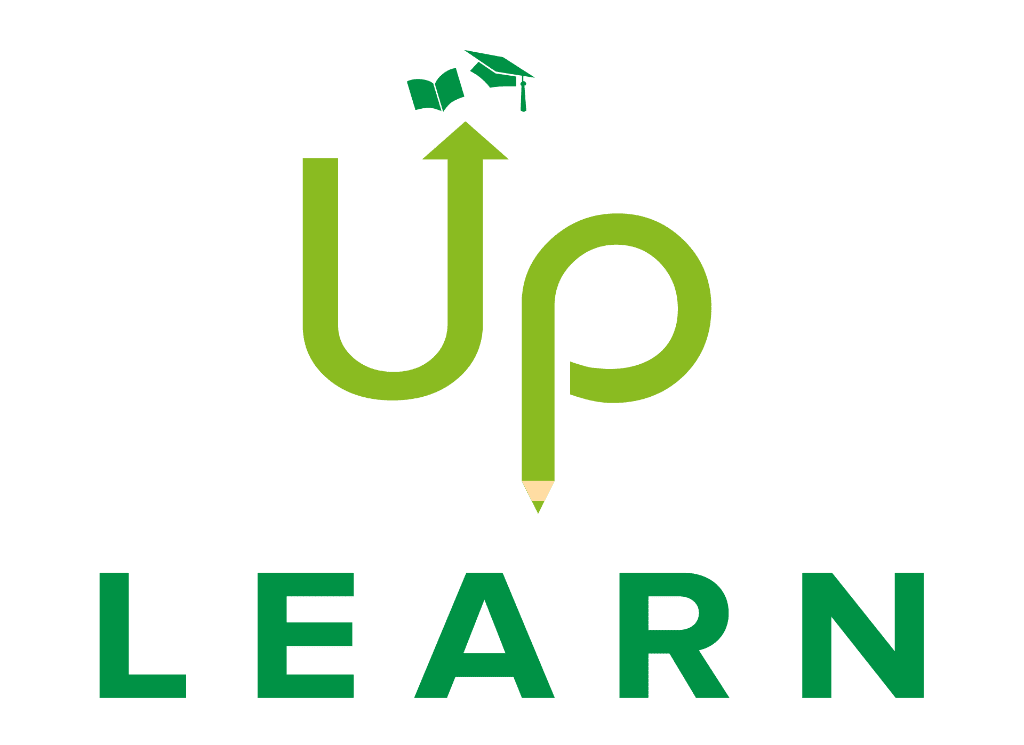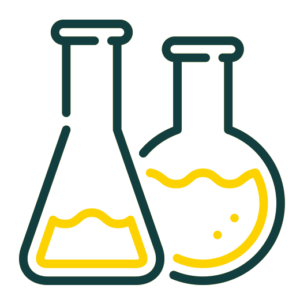
Science
Head of Department – Mrs Alex Hird
In Science we aim for our students to be big thinkers; to be scientifically literate; to be able to make accurate inferences from the data they are provided with every day and to make informed choices that will create a better future for themselves and our global community.
KS3 Science
We aspire for our students to discover a love of Science at the very start of their career at Easthampstead Park that we, as their teachers, will strive to nurture and grow.
Students will study Biology, Chemistry and Physics topics that provide an excellent foundation for further study, whilst enthusing the students about the scientific process itself. In designing our curriculum, we have included all the aspects that make Science fantastic; whether it be investigating, observing, experimenting or testing out ideas and critically thinking about them. The way scientific ideas flow through the course will support our students in building a deep understanding of Science.
Students will be taught topics from all three disciplines in each block of learning and will be assessed on the breadth of their knowledge through a written test that will cover aspects of all three. The sequencing of the topics is such that key ideas develop in depth and complexity over time. For example, students first meet the particle model soon after they begin in year 7. They will then begin to classify particles as atoms, elements and compounds. They learn how elements are organised in the Periodic table in year 8 and then how particles transform through the rock cycle later that year.
Our students will be confident “do-ers” of Science. They will practice using apparatus and techniques through regular practical work. We have identified key skill areas that students will master over time. We will encourage the development of skills through regular opportunities for working scientifically in lesson time. We will talk, read and write about Science and represent Science both mathematically and visually through models. Our teachers will lead by example and demonstrations will generate opportunities for students to question and be questioned. Students will be able to work resiliently and independently, but also learn from each other in group or whole-class activities.
The key skill areas are:
- Scientific explanations and interpretation
- Planning
- Carrying out
- Presenting scientific data
- Evaluating evidence and arguments
- Communication
We aim to raise the profile of the key skill areas through formal, formative assessments each block that, over the course of the key stage, will enable students to demonstrate their progress. Students will be provided with a level ladder that will clearly show their strengths, achievements and their areas for development so that they can reflect, improve and plan the next steps in their learning. Communication skills will be assessed each time. These include; use of scientific conventions, scientific vocabulary and numerical manipulation.
KS4 Science
Examination board: AQA
Specification title: Trilogy (Years 9, 10 and 11)
Throughout Science at KS4 we want students to increasingly question the natural world around them.
Year 9 Science is an exciting time as students begin to work scientifically in more demanding contexts that expect an increasing depth of understanding. We will guide students to see the links between the traditional Biology, Chemistry and Physics disciplines so they can transfer and apply scientific ideas in a range of situations. For example, the scientific idea of Energy underpins all three disciplines and we will explore this explicitly at the start of the year.
In years 10 and 11, topics have been grouped into blocks of Biology, Chemistry and Physics. Students will rotate through the topics within each block and the breadth of their knowledge will be assessed through a written test at the end. The sequencing of the topics has been designed to allow thinking skills to develop over time, to provide increasingly abstract cognitive demand and to facilitate progression into Science subjects at KS5.
Alongside the demands of preparing for their GCSE qualifications, students and teachers will celebrate curiosity within the classroom. In our planning, we will provide opportunities for problem-solving and putting resilience into practice. Teachers will use precise questioning in class to test conceptual knowledge and skills, and assess students regularly to identify those students with gaps in learning, so that all students keep up.
It is expected that students will build upon the scientific enquiry skills they developed at KS3. They will take part in “required practicals” that will eventually form the basis of assessment at GCSE. Questions in the written exams will draw on the knowledge and understanding students have gained by carrying out the practical activities. Many questions will also focus on investigative skills and how well students can apply what they know to practical situations often in novel contexts.
The key skill areas are:
- Scientific explanations and interpretation
- Planning
- Carrying out
- Presenting scientific data
- Evaluating evidence and arguments
- Communication
We aim to raise the profile of the key skill areas through formal, formative assessments related directly to required practicals that, over the course of the key stage, will enable students to demonstrate their progress. Students will be provided with a level ladder that will clearly show their strengths, achievements and their areas for development so that they can reflect, improve and plan the next steps in their learning. Communication skills will be assessed each time. These include; use of scientific conventions, scientific vocabulary and numerical manipulation.
We intend for our students to become ambassadors for Science. Our teachers will encourage this through fostering links with other STEM subjects (Science, Technology, Engineering and Mathematics), guiding them to paths into further study and an increasing range of extra-curricular opportunities with our partners in the community and the Enterprise program currently in place in school.
Science Programme of Study
Extra Curricular Opportunities
Students experience many science opportunities from external opportunities such as science trips and internal opportunities such as science week.
Home Learning
Students shall be provided with knowledge organisers. Students’ engagement with and recall of the information on these sheets should be assessed as part of class time activities. Teachers should be explicit with the students which parts of the information will be assessed and when. Teachers are also responsible for sharing the relevant summary sheets with the students electronically.
Tassomai provides students with daily, low stakes quizzes that require students to retrieve knowledge on targeted topics or across the Science curriculum. Students are expected to complete 3 (KS3) or 5 (KS4) “Daily Goals” over the period of a week (Monday-Sunday). Teachers should monitor this once a week and follow up with students that complete less than this requirement. Homework Support Sessions should be issued. If the expectations are still not met, detentions should be set, escalating if persistently missed.
Home Learning grids provide students a variety of tasks that cater for a range of learning preferences, e.g. writing stories, filming advertisements, modelling. These continue to be offered as additional home learning work for those that would like that opportunity.
Students deserve their home learning to be acknowledged. Excellent work should be praised and rewarded with positive points on Classcharts, postcards and/or a phone call home.






